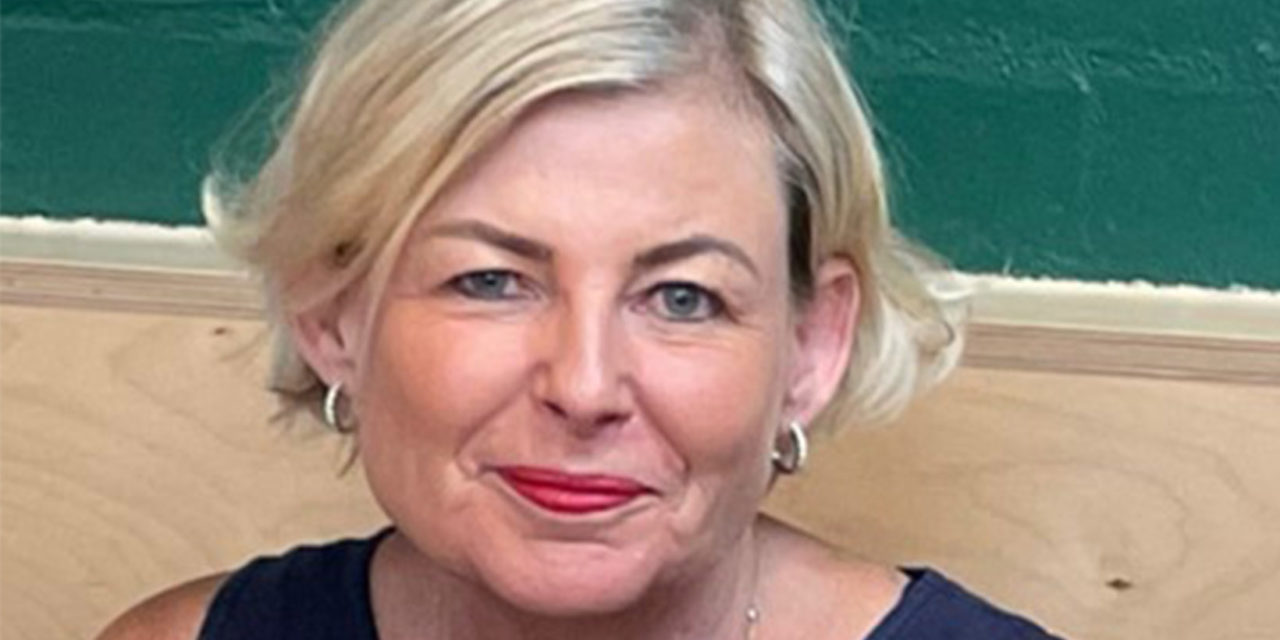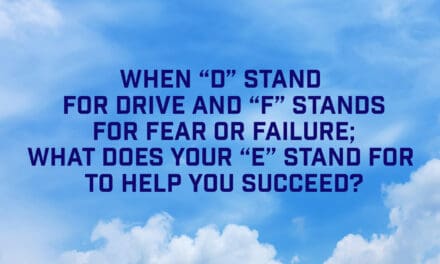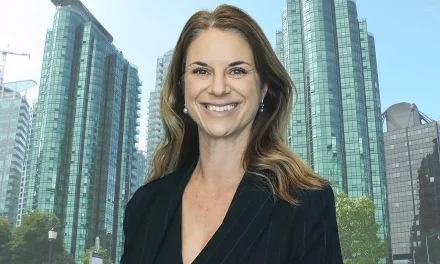Gretchen Cooke heads up the new Secure Adaptive Infrastructure practice of Telstra Purple and will be a keynote speaker at the Leadership Summit for Women in Technology, Telco & Cyber in October. With many years spread across the industry, it promises to be a fabulous conversation. Here is a part of her story.
“Learn to back myself and have a point of view. You won’t always get it right – but that will be a great lesson anyway.”
What have been your proudest moments
My proudest moments have been focused on being able to provide the best technology in the market to solve pressing customer issues. For example, during the week before we first had to all work from home due to Covid, I was contacted by a government health department that was in desperate need of a new contact centre to take calls from the public about Covid. At that point, we had not supplied any voice services to this customer and their usual providers had said they did not have the capability to deliver on the request. I was so proud when we organised a workshop with the key customer stakeholders, our technical specialists and also the technical specialists from our technology partner (Genesys) on a Friday morning that turned out to be our very last day in the office.
We were able to provision a cloud-based contact centre by the following Tuesday night along with an IVR and voice links into the IVR. That contact centre was central to the government’s response to all covid queries.
The second part of the story that I am very proud of is that the customer then needed contact centre agents to answer calls – it was brand new technology for them to use and they knew they would be inundated. I also was aware that many of our Enterprise customers in some industry sectors were having to lay off staff because their business fell off a cliff immediately. One of these was a large travel provider who had agents using the same technology as that we had just installed for the government department. I was able to put the department in touch with the CIO of the travel provider and hundreds of the travel company staff members were then employed (after training on how to respond to the queries!!) by the department to take calls (all remotely as nobody could work in a contact centre).
I have many more proud moments like that but that one stands out because it really showed what could be done when disparate groups come together as a team with a clear purpose and the right technology to achieve the outcome required. We had teams from all over Telstra who worked like crazy over that first weekend and for months afterwards to make sure our customers remained connected (securely) and could continue to run their businesses.
I am also super proud of the work Telstra does in times of disaster such as bushfires and floods. We are generally the last out and the first back in – our field teams and engineers are incredibly dedicated. It is a key reason why I am still at Telstra twenty years after first joining.
What have been some of your lessons learnt?
A key lesson for me has been to learn to back myself and have a point of view – even if it differs from others. I have been given the most amazing professional opportunities in my career and my confidence has grown over the years. I think it is sometimes too intimidating for women especially to have a differing point of view (be it on strategy/customer management.. pick your topic) but having the confidence to back yourself is critical. You won’t always get it right – but that will be a great lesson anyway.
I have also learned NEVER to knock back an opportunity even if the contemplation of it scares the life out of you. I have gone from one role to the next knowing that I would have a vertical learning curve of some description each time – you have to be confident that you have a set of skills that are transferable, and that common sense goes a very long way!! One example of this was my last 3 months heading up Vic/Tas when there was a major cyber incident response that I was asked to lead (Telstra was not the company that had been breached!). I worked on that with a large team across Telstra full time and I learned an incredible amount about how to respond to a cyber-attack and what can be done to minimise an attack if it happens (they are very hard to totally prevent!). That program of work came out of the blue and although I had not done anything like it previously, by working with a great team of people including cyber experts who collaborated and listened to each other and then executed a plan together we addressed the key issues successfully.
What key challenges should senior women prepare for in the future?
I think women (and everyone for that matter) should always be learning about what is changing in their professional field and stay abreast of disruption. For example, we are seeing the introduction of Artificial Intelligence – there is a huge buzz around it. But many of us don’t quite know how it will be applied, what impact it may have on us personally, professionally, and what are the fundamentals of it that we should understand.
Women need to be thinking about what it is they want from their careers. Not everyone wants to be a people manager or a leader but instead may want to be the best they can be as an individual contributor. It is important that we each understand what is it that we are most interested in (and this can vary depending on what stage of your personal life you are at) and then have a plan for the pursuit of it (and I am not one to really be a flag bearer here as I didn’t really have a career plan for a long time).
A further challenge is to understand what are your derailers, where do you come unstuck at times? If you can get some help from your employer to put you through evaluations (or for you to do it personally) it can be a huge help in understanding why you behave in certain ways in certain situations… sometimes derailers really can derail your career and you never have the understanding or insight into what has happened and why when your career might seem as though it has come to a halt or you are stalled.
A brief overview of your career journey
“I was a late starter in my professional journey in some respects as I didn’t get to go to university until I was 29. I became one of those dreaded mature-age students who sat near the front of the class, always got their assignments done on time and studied like crazy for exams… but the outcome was good! I completed a Bachelor of Arts (Psychology) and then, based on my previous work experience and undergraduate results I was accepted into Melbourne Business School to complete an MBA.
From there I didn’t really have a plan but through another student, I started doing some work for a research consulting firm and one of their clients was Optus. When Optus advertised for a person to head up their Customer Satisfaction Program in their Business/Enterprise/Government business unit, I applied and based on the work I had done at the research firm I obtained the role.. and that started my career in Telecommunications.”
I then found my way to Telstra as a program manager and from there I have worked in the Product team, I have managed major network exits, I have led all of our specialist sales teams in Enterprise & Government (Mobiles/ Data & IP/ Cloud/Security/Unified Comms) each of which led me to learn about the associated technologies and how they could be best applied to solve our customers business issues and provide differentiated outcomes to give them a competitive advantage.
In 2019 I was appointed to head up the Vic/Tas Client Partner team – a role I held all the way through Covid including (of course) the Victorian lockdowns – it was a very challenging time to say the least but also very rewarding in that we ensured we kept our customers connected and our staff connected both professionally and emotionally – we had the highest EES scores in our division during Covid – and that was due to the way our people responded to the crisis.
In 2022, I was then offered a role in Telstra Purple (our Technology Services group for Enterprise & Government) to head up our Growth Strategy – a role I have only just left as of 1 July this year. One of the projects I worked on in Telstra Purple was the future strategy of the group and in February 2023 we announced that Purple would move to a Practice model. This new operational model was implemented on 01 July and I am now heading up our new Secure Adaptive Infrastructure practice with accountability for Managed Services, SD WAN, Industry Solutions, Telstra Broadcast Services and Integrated Services for our Enterprise division that services our Enterprise & Government customers.
For those of you who wonder why we are called Telstra Purple, it came about when the group was formed, and a staff competition was held to decide on a new name. Purple was the winner as it is an amalgamation of Purpose + People.





